Learning Through Music
How can we inspire students through musical exploration in English as a Foreign Language classrooms?
Are you ready to strike the perfect chord between language learning and musical exploration? In this post, we explore dynamic strategies to teach music to EFL students, catering to both young learners and adults. From expanding vocabulary to fostering speaking and writing skills, let's orchestrate an engaging learning experience!
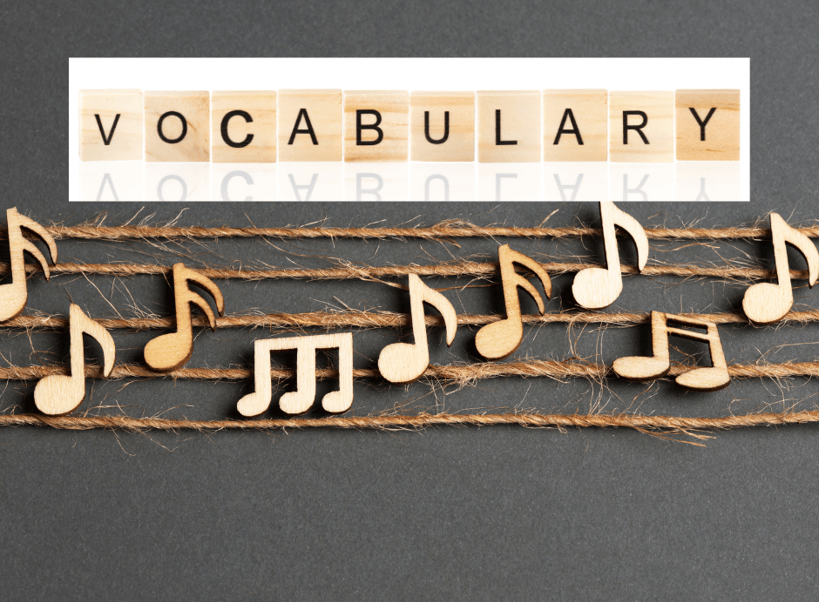

1. Vocabulary Expansion:
Musical Genres: Introduce various music genres through multimedia resources, like videos or audio clips, accompanied by vocabulary exercises.
Instruments: Create flashcards or interactive quizzes to teach instrument names and descriptions.
Lyrics Analysis: Analyze song lyrics to decipher meaning, explore poetic devices, and learn new vocabulary.
Music Terminology: Teach terminology such as rhythm, melody, harmony, and tempo through interactive games or puzzles.
Composer Spotlight: Spotlight famous composers and musicians, discussing their biographies and contributions to music history.
2. Speaking and Writing Lesson:
Group Discussions: Facilitate group discussions on music-related topics, encouraging students to express opinions and share personal experiences.
Song Interpretation: Have students interpret song lyrics and discuss their meanings or societal implications in pairs or small groups.
Creative Writing: Encourage students to write song lyrics or compose short pieces of music, expressing their thoughts and emotions in English.
Music Reviews: Task students with writing reviews of concerts, albums, or music festivals, focusing on descriptive language and critical analysis.
3. Role-Play Activities:
Band Rehearsal: Role-play scenarios of band rehearsals, with students taking on different roles such as musicians, managers, or sound engineers.
Music Store Interaction: Simulate interactions in a music store, practicing dialogue for buying instruments, negotiating prices, or seeking advice.
Concert Planning: Role-play the process of organizing a concert, assigning roles such as event manager, promoter, or performer.
Music Therapy Session: Explore the concept of music therapy through role-play, with students portraying therapists and clients in various scenarios.
Historical Figures: Bring historical figures like Mozart or Beethoven to life through role-play, depicting key moments in their lives or musical careers.
4. Inquiry-Based Learning (IBL) Projects:
Music Around the World: Task students with researching and presenting on different musical traditions from around the world, exploring cultural diversity.
Music and Technology: Investigate the impact of technology on music production, composition, and distribution, culminating in a multimedia presentation.
Music and Emotions: Explore the relationship between music and emotions through scientific research, surveys, and personal reflections.
Music and Identity: Encourage students to explore how music shapes personal identity, societal norms, and cultural belonging through interviews and case studies.
Music and Social Change: Investigate the role of music in driving social change movements, analyzing protest songs and historical examples.
5. Debate:
Music Censorship: Divide students into teams to debate the pros and cons of music censorship, considering cultural, ethical, and freedom of expression perspectives.
Streaming vs. Physical Albums: Engage students in a debate about the advantages and disadvantages of streaming music versus purchasing physical albums, discussing economic, environmental, and accessibility factors.
Music Education Funding: Debate the importance of funding music education programs in schools, exploring the impact on student development, academic performance, and cultural enrichment.
Cultural Appropriation in Music: Discuss the concept of cultural appropriation in music, examining instances where artists borrow elements from other cultures and the ethical implications involved.
Music and Mental Health: Debate the role of music in mental health treatment and therapy, considering its effectiveness, accessibility, and potential drawbacks.
Freebie Alert! Are you eager to continue fostering engaging discussions in your classroom? Head over to my Teachers Pay Teachers (TPT) store to download a FREE set of discussion prompts on the topic of the music! Spark meaningful conversations while nurturing language skills. Happy teaching!
Music offers a harmonious blend of linguistic and cultural exploration and by embracing diverse teaching strategies such as vocabulary expansion, speaking and writing activities, role-play, IBL projects, and debates, we can inspire students to groove to the rhythm of language learning. Let's strike a chord of creativity and curiosity in our classrooms!




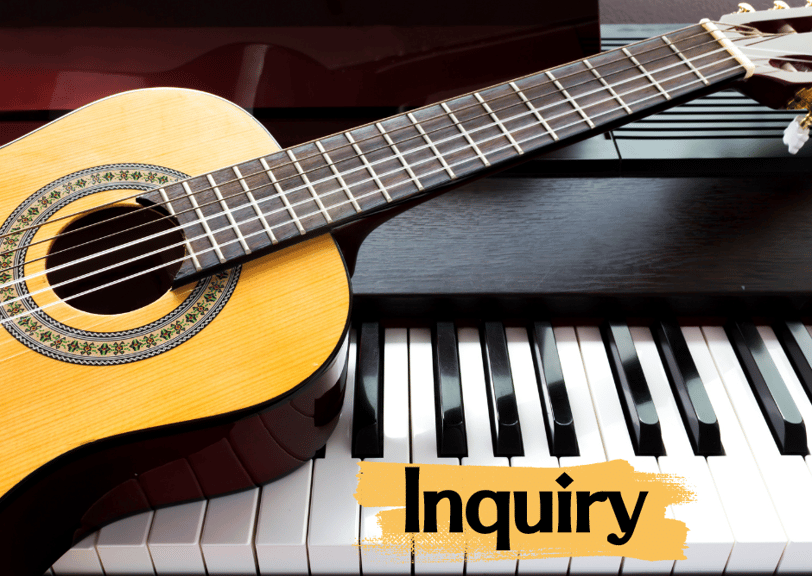

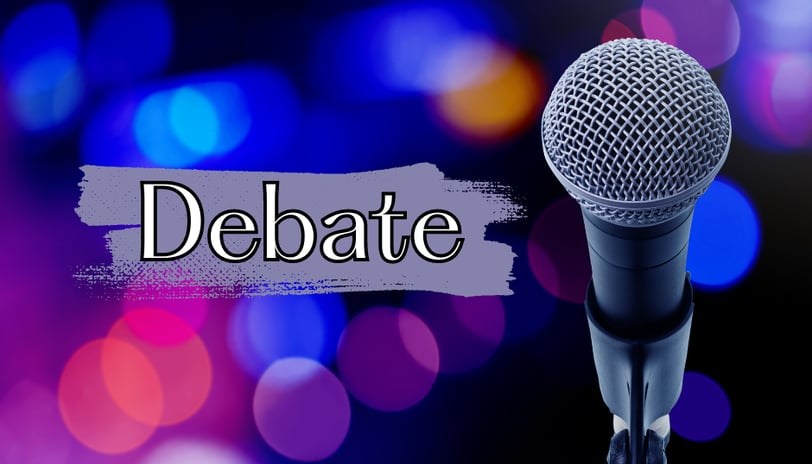

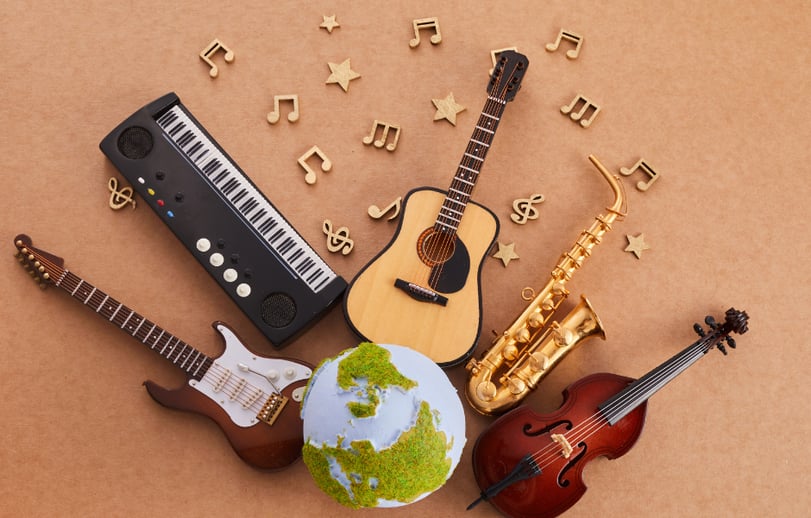

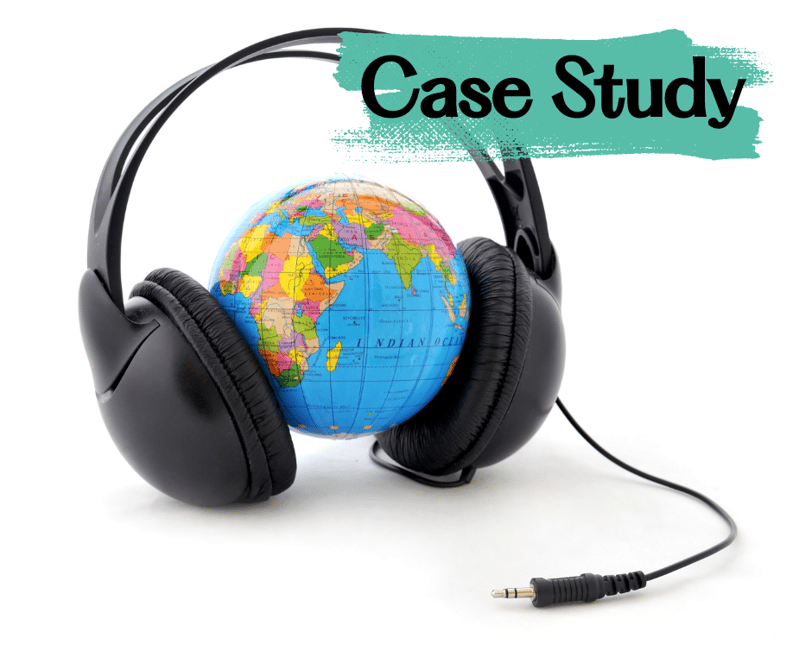

6. Case Study:
The Beatles: Analyze the cultural and musical impact of The Beatles through a case study, exploring their evolution as a band, influence on popular culture, and legacy in music history.
Music Festivals: Investigate the organization and management of music festivals through a case study of a renowned event, examining logistics, marketing strategies, and societal impact.
Music Piracy: Examine the phenomenon of music piracy through a case study, discussing its effects on the music industry, legal responses, and evolving business models.
Hip-Hop Culture: Explore the evolution of hip-hop culture through a case study, tracing its roots, social significance, and global influence on music, fashion, and art.
Music and Politics: Investigate the intersection of music and politics through a case study of protest songs or musicians involved in political activism, analyzing their impact on social movements and public discourse.
